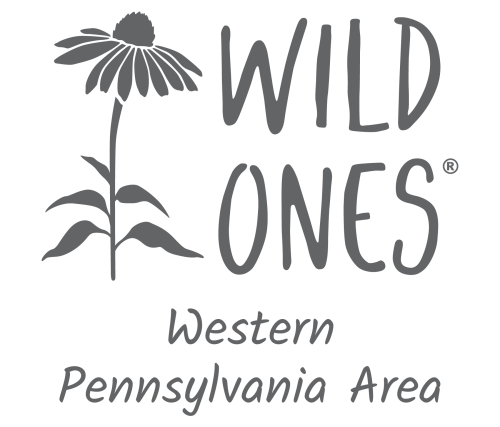Ed Keiser's Garden Tour
Public Welcome Home/Private Garden Tour
About 10 years ago, Ed worked as a laborer for the U.S. Postal Service, where part of the job involved maintaining and performing traditional landscaping on a large property. Around this time, Ed began reading Doug Tallamy's work and started engaging with the helpful staff at the Audubon Society of Western Pennsylvania (ASWP). This sparked a deep interest in native plants and ecology. Ed soon delved into books on pollinators and soft landings by Heather Holm and enjoyed Native Plant Gardening for Birds, Bees, and Butterflies by Jaret C. Daniels. Online resources such as PA Native Plant Gardening, the Pennsylvania Native Plant Society, Ray from Trees From Seed, BONAP, Audubon, BHWP, Native Plant Finder (NWF), Winter Sowers, and Homegrown National Park further enriched this newfound passion.
Before long, Ed was planting an increasing number of plants at his daughter's home in Lyndora, initially to mitigate flooding issues but eventually for the purpose of creating habitat. Wanting to expand his knowledge and skills, Ed became a Penn State Master Gardener and took pleasure in assisting with the demonstration garden at Moraine State Park (specifically the Native Plant and Butterfly Trail near McDaniels Launch). Ed also volunteered with the Audubon, planting trees, potting plants, and even dressing up as a skunk on occasion.
Ed's garden can be described as a somewhat disorganized hodgepodge of perennials, shrubs, and trees scattered across approximately one acre of very wet, clay soil, with over 80% native plants and at least 60 trees and shrubs. Preferring a wild look, Ed places plants where they are likely to thrive, despite understanding proper garden techniques and the need for aesthetic appeal. It is an eclectic collection and is not always perfectly weeded, though this is somewhat justified by the fact that Ed lives 40 minutes away and has grand puppies that demand attention. Despite these challenges, the plants, as well as the birds, bees, butterflies, moths, and associated life, are thriving.
Mistakes have been made over the years and continue to be made. Landscape fabric proved useless, mulch was washed away, and fenced-in areas were not tall, wide, or strong enough to keep the nibblers out. One ongoing challenge is the presence of very hungry deer, which visit day and night�"15 at last count�"and few plants escape their taste. Many plants have fallen victim, including Paw Paws, Inkberry, and Eastern White Pine.
